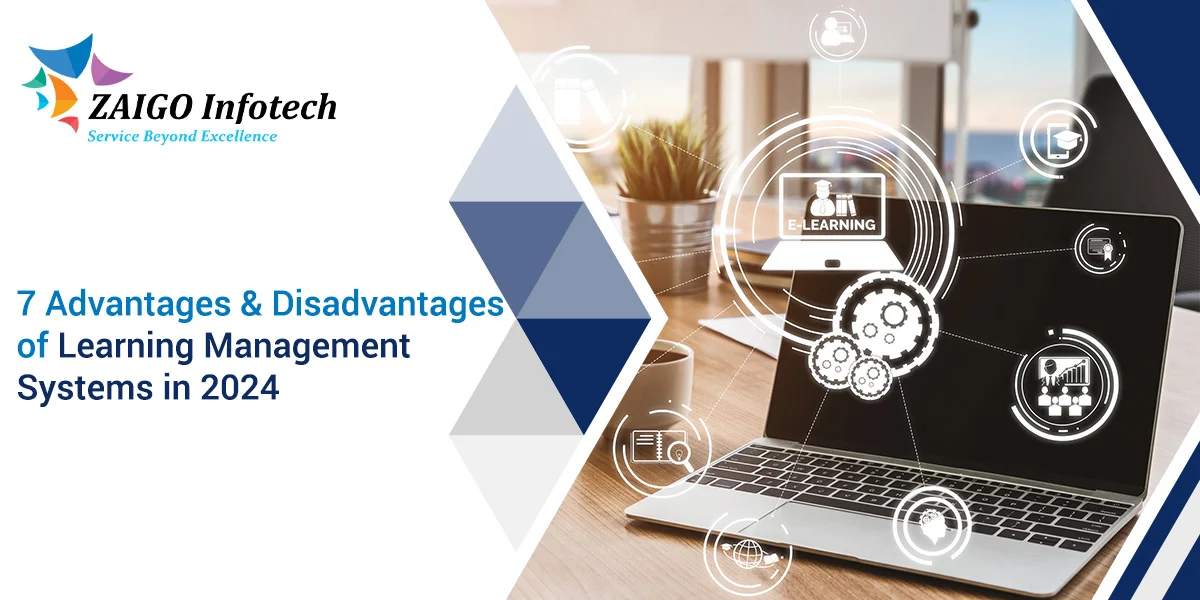
A web app is essentially a website created to mimic the look and feel of a downloaded program. Similar to web pages, some apps are responsive and o...

Many software development projects fall behind schedule or fail to meet customer expectations because traditional project management methods are to...

Introduction Learning Management Systems (LMS) have evolved into essential components of contemporary education and training models. Here, we explo...